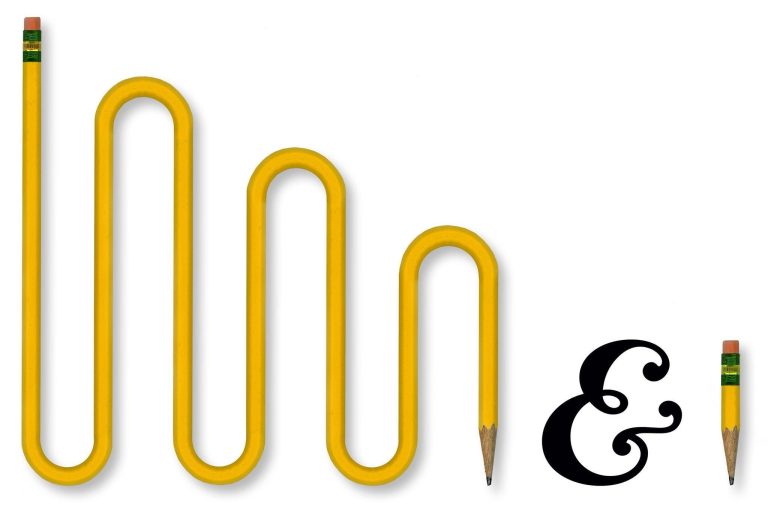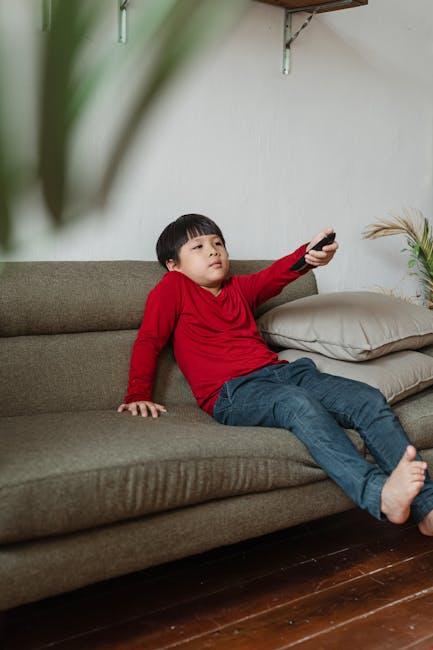Revamp Your Relationship with Effective Communication

Are you and your partner communicating like a couple of malfunctioning robots? Is your relationship starting to feel more like a game of charades than a loving partnership? It’s time to throw out that old instruction manual and revamp your relationship with some effective communication skills. Get ready to toss out those awkward pauses and mix-ups and start speaking each other’s love language like a smooth-talking linguist. So grab your partner’s hand, pop some popcorn, and get ready to upgrade your relationship to version 2.0 with some good old-fashioned heart-to-heart talks.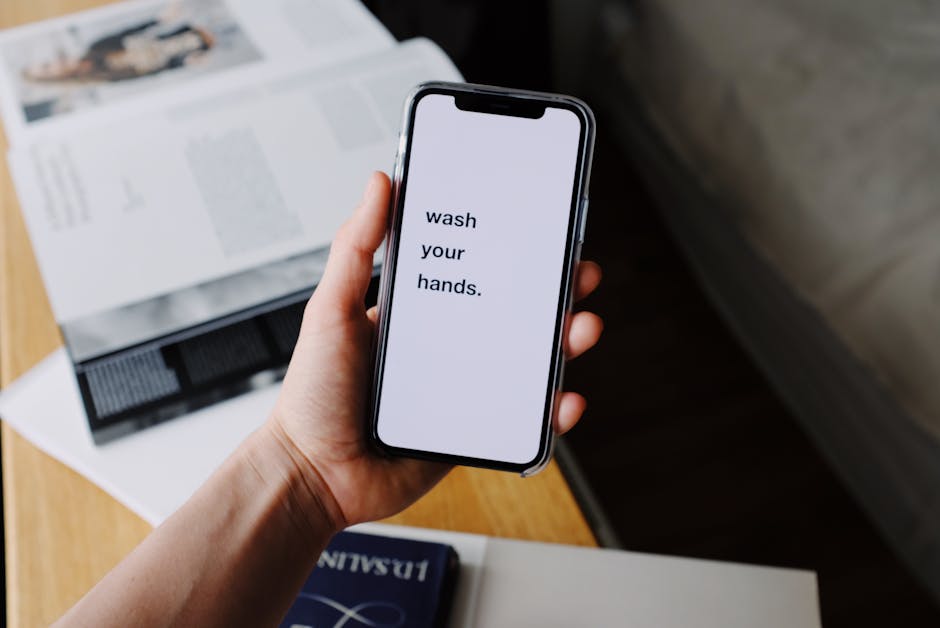
Key Strategies for Improving Communication in Your Relationship
Communication is key in any relationship, whether you’re trying to decide on what to have for dinner or discussing more serious matters. Here are some key strategies to help you improve your communication skills with your partner:
First and foremost, *listen* to what your partner has to say. And no, nodding your head while thinking about what to watch on Netflix later doesn’t count as listening. Give them your full attention, put down your phone, and really hear what they’re saying.
Next, it’s important to *express yourself* clearly and effectively. Don’t expect your partner to be a mind reader – if you’re feeling upset or have something on your mind, speak up! Use “I” statements to avoid blaming your partner and keep the conversation focused on your feelings.
Remember to *be open-minded* and willing to compromise. You may not always see eye to eye with your partner, and that’s okay. Embrace your differences and work together to find common ground. And hey, who knows, maybe you’ll discover a new favorite TV show in the process!

Identifying and Addressing Communication Roadblocks
Have you ever been in a conversation where it feels like you’re hitting a brick wall? Well, congratulations, you’ve encountered a communication roadblock! But fear not, my friends, for I am here to guide you through the treacherous waters of miscommunication.
One common roadblock is the good ol’ interrupter. You know, that person who just can’t wait for you to finish your sentence before jumping in with their two cents. **Tip:** Politely remind them that you’re not a contestant on a game show and there’s no need to buzz in.
Another sneaky roadblock is the passive listener. They nod and smile while you talk, but when it’s their turn, suddenly you’re invisible. **Tip:** Politely ask if there’s an invisibility cloak for sale on Amazon, because you could really use one.
And let’s not forget about the texter. You’re in the middle of a conversation and suddenly they’re glued to their phone, typing away like their life depends on it. **Tip:** Politely ask if they’re composing a novel on their iPhone, because it sure seems like it.
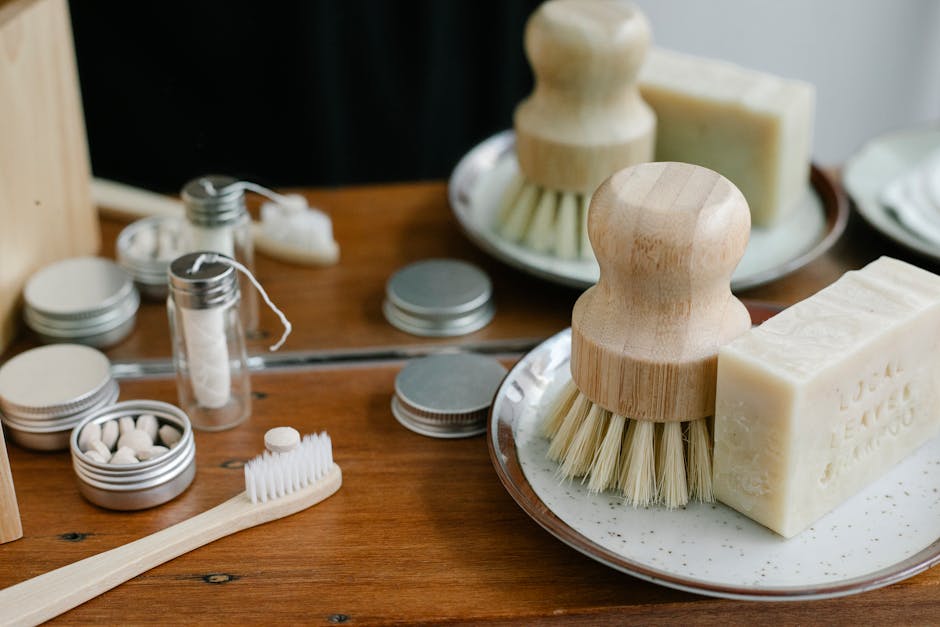
Setting Clear Expectations and Boundaries for Effective Communication
When it comes to communication, setting clear expectations and boundaries is key. It’s like laying down the law, but in a less intimidating way. Here are some tips to help you navigate this tricky terrain:
- Be upfront about what you need and expect from the other person. Don’t beat around the bush – just say it like it is. Remember, honesty is the best policy.
- Establish boundaries and stick to them. If you don’t want to receive late-night texts or calls, let the other person know. Set your boundaries and defend them like a fortress.
Communication is a two-way street, so make sure you give the other person a chance to voice their expectations and boundaries as well. It’s all about balance, like walking a tightrope without falling flat on your face.
Remember, effective communication is like a well-oiled machine – it runs smoothly when everyone knows their role and follows the rules. So, grab the steering wheel and take control of the conversation. With clear expectations and boundaries in place, you’ll be cruising towards successful communication in no time.
empathy-in-conversations”>Utilizing Active Listening and Empathy in Conversations
Active listening and empathy are two crucial skills that can completely transform your conversations with others. By truly listening and empathizing with the person you are speaking with, you can build stronger connections and foster better understanding. Here are some tips to help you utilize active listening and empathy in your conversations:
- Put your phone away: Nothing says “I’m not listening” like constantly checking your phone during a conversation. Keep your focus on the person speaking to show them that you are fully engaged.
- Reflect back what you hear: Paraphrasing what the other person says not only shows that you are listening, but also helps clarify any misunderstandings. Plus, it makes you sound like a fancy therapist.
- Show empathy: Empathy is the ability to understand and share the feelings of another. Put yourself in the other person’s shoes and try to see things from their perspective. It’ll make you seem like a compassionate listener and not a robot.
When you actively listen and show empathy in your conversations, you are not only building stronger connections with others but also improving your own communication skills. So next time you find yourself in a conversation, remember these tips and watch as your interactions become more meaningful and impactful!
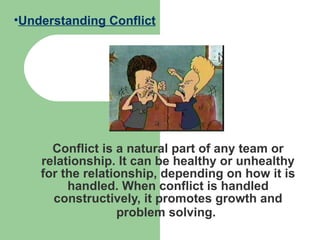
Practicing Healthy Conflict Resolution Techniques
Conflict is a natural part of any relationship, whether it’s with your partner, roommate, or even your pet goldfish. But fear not, dear readers, for I have some top-notch healthy conflict resolution techniques up my sleeve that will have you dodging disagreements like a ninja dodges throwing stars.
First off, let’s talk about the power of active listening. When your roommate is complaining about your late-night ukulele sessions, resist the urge to start strumming “Somewhere Over the Rainbow” in their face. Instead, sit back, nod your head, and listen to what they have to say. Show them you care by making eye contact, asking questions, and repeating back what they’ve said. It’s like a verbal game of catch, except no one gets hit in the face with a ball.
Next up, we’ve got the art of compromise. So your partner wants to eat sushi for the fifth time this week, but all you want is a greasy burger and fries. Instead of engaging in a chopstick vs. fork battle royale, try finding a middle ground. Maybe you can grab sushi tonight and hit up a burger joint tomorrow. It’s all about finding that sweet spot where both parties are happy, full, and not throwing food at each other.
Remember, conflicts are like pimples – they’re bound to pop up when you least expect it. But with a little dose of humor, a sprinkle of patience, and a whole lot of love, you can navigate those rough waters like a pro. So next time you find yourself in a heated debate over who forgot to take out the trash (spoiler alert: it was definitely you), whip out these conflict resolution techniques and watch the peace reign supreme.
Seeking Professional Help for Communication Challenges in Your Relationship
Are you and your partner constantly arguing over the way you communicate with each other? Do you find yourselves stuck in the same frustrating patterns without any resolution in sight? It may be time to seek professional help to iron out those communication challenges for a happier and healthier relationship.
By enlisting the help of a communication expert, you can learn valuable techniques and strategies to improve your interactions with your partner. From active listening to expressing your needs effectively, a professional can guide you both towards a more harmonious way of communicating. Plus, they can provide a neutral perspective that can help shed light on the root causes of your communication struggles.
During your sessions, you’ll have the opportunity to practice new communication skills in a safe and supportive environment. This hands-on approach allows you to implement what you’ve learned in real-time, giving you the chance to see immediate results. With the guidance of a professional, you and your partner can break free from destructive communication habits and build a stronger connection based on mutual understanding and respect.
Remember, seeking help doesn’t mean that your relationship is doomed. In fact, it shows that you both value your connection enough to put in the effort to make it better. So why not take the first step towards better communication and a happier relationship by reaching out to a professional today?
FAQs
Why is effective communication important in a relationship?
Well, if you enjoy talking to your pet rock more than your partner, you might have a problem. Effective communication is like the love language of relationships – it keeps the spark alive and helps you understand each other better.
How can I improve communication with my partner?
Put down the carrier pigeon and try some modern techniques instead! Practice active listening, express your feelings honestly, and don’t be afraid to have those tough conversations. And remember, emojis are not a substitute for real words.
What are some common communication pitfalls to avoid?
Avoid the dreaded silent treatment – it’s not a competition to see who can go the longest without speaking. Also, steer clear of passive-aggressive comments and mind reading. Unless your partner is a psychic, they probably won’t get your subtle hints.
How can I communicate effectively during disagreements?
Take a deep breath, count to ten, and resist the urge to throw the remote control at their head. Try to stay calm, listen to their perspective, and find a compromise. And if all else fails, blame it on Mercury being in retrograde.
What are some fun ways to strengthen communication in a relationship?
From karaoke duets to writing love letters in the sand, there are endless ways to spice up your communication. Try asking each other quirky questions, playing communication games, or simply sending a cheesy text message every now and then.
Time to Level Up Your Relationship Communication Skills!
Phew! You made it to the end of our article on revamping your relationship with effective communication. Hopefully, you’ve picked up a trick or two to help you navigate those tricky conversations with your partner. Remember, communication is key! So next time you’re tempted to resort to passive-aggressive notes or interpretive dance to get your point across, just take a deep breath and remember: words are your friends. Good luck out there, lovebirds!



